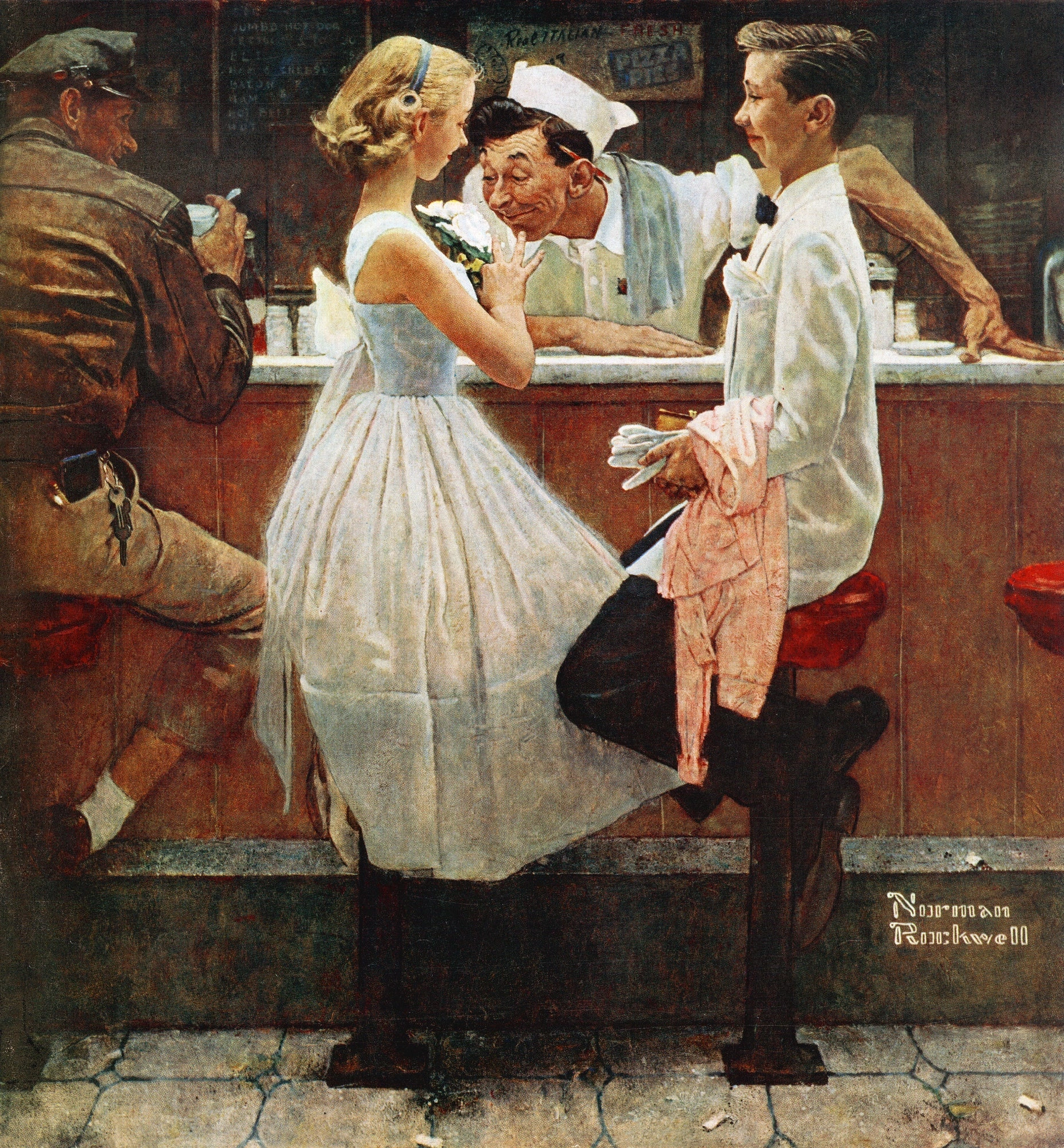Roaring Kitty's Comeback Sparks GameStop Chaos
Khristopher J Brooks
Summary
GameStop shares surged over 72% on Monday after Keith Gill, the trader known as "Roaring Kitty" who led the 2021 meme stock craze, ended a three-year social media hiatus with a series of cryptic posts. This sudden resurgence triggered a fresh "short squeeze" that reportedly cost hedge funds over $1 billion in a single day, revitalizing retail interest in a company that recently achieved its first annual profit since 2018.
Gill is a former financial analyst at MassMutual who in late 2020 encouraged amateur retail investors to buy GameStop shares during the meme stock craze. He did this by posting on Reddit discussion boards and creating videos on YouTube about the strategy, gaining a large following in the process. But in 2021, Gill revealed that he had lost $13 million in one day from his investments in GameStop.
Gill was also slapped with a lawsuit in 2021, accusing him of profiting from "deceitful and manipulative conduct" in promoting the GameStop shares. After appearing before Congress to explain the meme stock craze, Gill's social media presence dwindled to nonexistence.
He resurfaced on X, Sunday night, with an image of a sketched man leaning forward in a chair, marking the end of a roughly three-year hiatus. He followed that post with several others featuring various comeback-themed videos featuring movie clips and charged music.
GameStop did not immediately respond to a request for comment from CBS MoneyWatch Monday.
GameStop was one of four struggling companies, including AMC, Bed Bath & Beyond and Blackberry, that retail investors on Reddit financially adopted during the pandemic, in a dual effort to keep the lights on at those companies as well as to put a "short squeeze" on hedge funds that bet against their long-term success.
Hedge funds did indeed suffer during GameStop's meme success. Citron Research, Melvin Capital and other funds lost an estimated $5 billion, the Associated Press reported in 2021, citing data from analytics firm S3 Partners. The firm told CBS MoneyWatch that hedge funds lost more than $1 billion from shorting GameStop on Monday.
GameStop had experienced declining sales amid an industrywide pivot from game cartridges to video game streaming and digital downloads, but with the help from meme stock investors, last March the company turned its first profit in two years. Before then, the company had posted seven straight quarterly losses. This January, GameStop reported its first annual profit since 2018.
Roaring Kitty's post helped bump GameStop's share price to $28.25 on Monday. GameStop's all-time high stock price is $120.75 in January 2021. Shares of AMC and Bed Bath also jumped slightly on Monday.
"Meme stock frenzy buying may be back with AMC up over 78% and DJT up over 1%," Ihor Dusaniwsky, managing director of predictive analytics at S3 Partners said. "Short sellers may be in for a bumpy and bloody ride in these stocks."
Last September, GameStop appointed Chewy founder Ryan Cohen as its new CEO. In its most recent quarterly earnings from March, GameStop said it eliminated an unspecified number of jobs to help reduce costs. The Texas-based company posted $1.79 billion in revenue compared to $2.23 billion a year prior.
